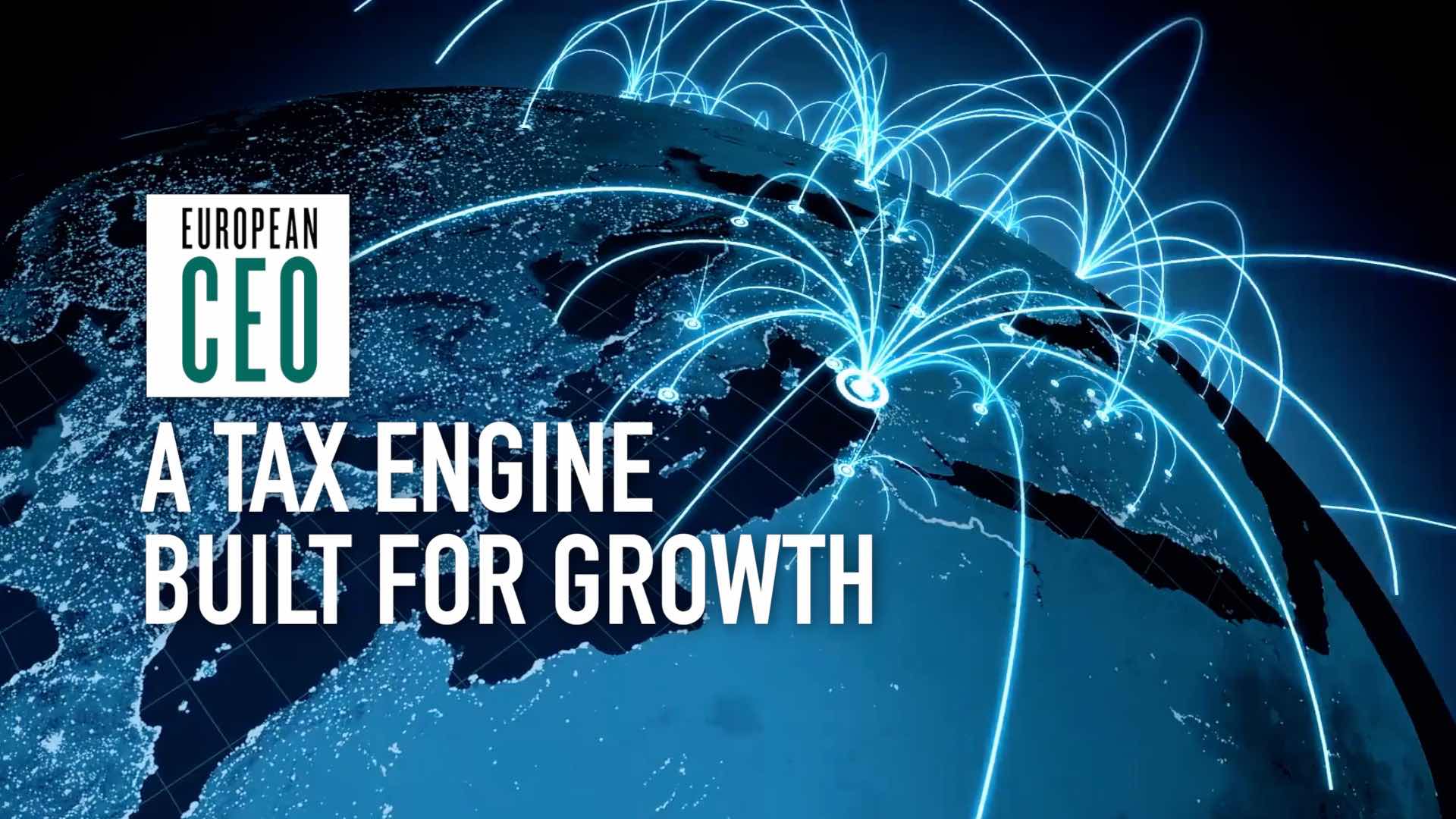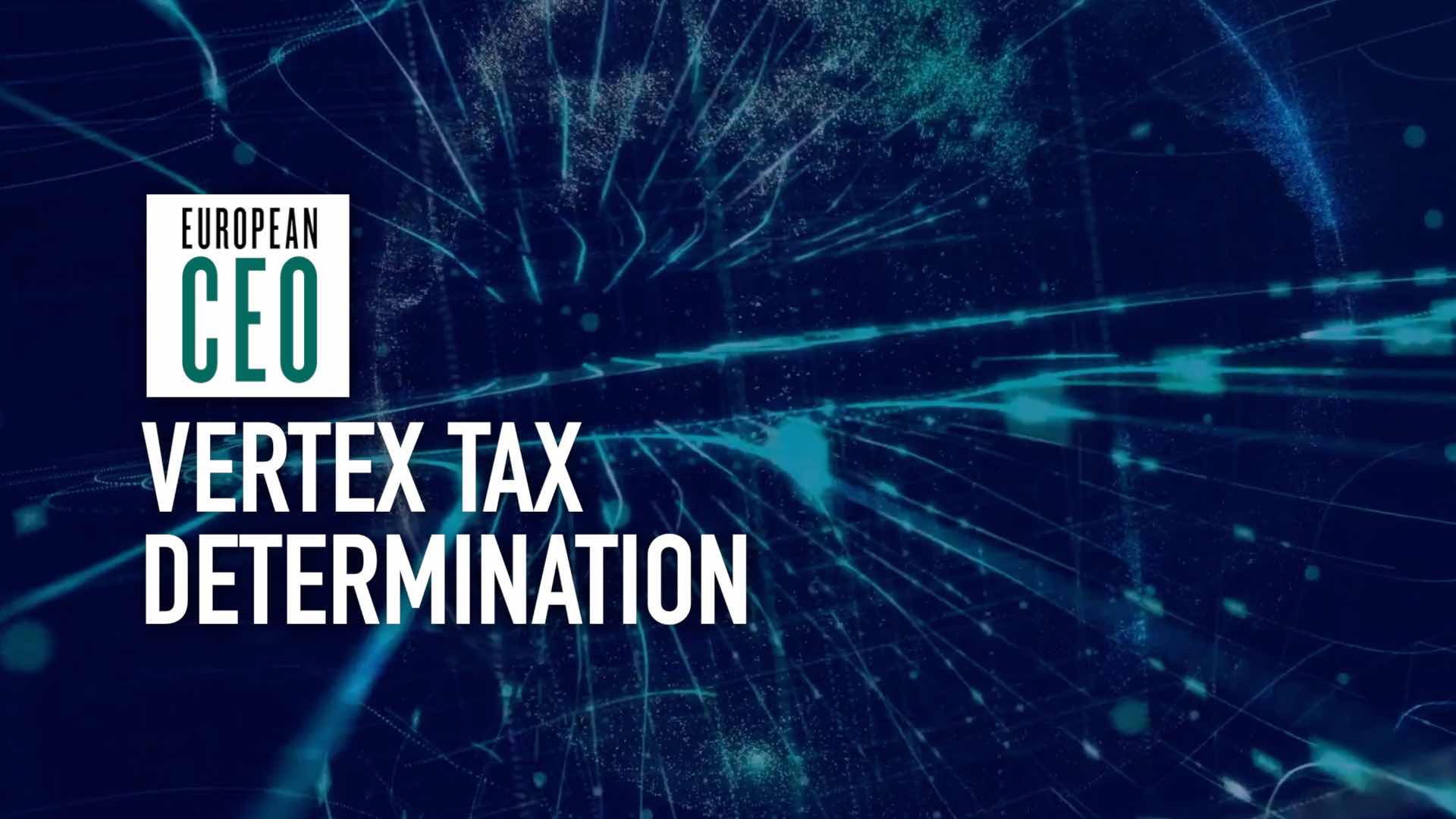KPMG: All stakeholders must be heard in the responsible tax debate
Jane McCormick, KPMG's Global Head of Tax, introduces the company's global initiative on responsible tax
Transcript
“Increasingly, the way that a business manages tax is being seen almost as a proxy or its attitudes towards social responsibility.” Those were the words of KPMG’s Global Head of Tax, Jane McCormick, when she spoke with European CEO last year. Today she is spearheading a global Responsible Tax initiative – but how do you even begin defining something as subjective as tax responsibility? She explains that, in this debate, even defining the questions can be a big challenge, let alone agreeing on the best answers. But, she says, the important thing is to start the conversation, and ensure that all the stakeholders feel safe sharing their views.
European CEO: Increasingly, the way that a business manages tax is being seen almost as a proxy for its attitudes towards social responsibility. Those were the words of KPMG’s Global Head of Tax, Jane McCormick, when she spoke with us last year.
Jane, welcome back. You’re spearheading a global Responsible Tax initiative, but how do you even begin defining something as subjective as tax responsibility?
Jane McCormick: Well you start by saying that tax is actually an objective issue. It’s a question of the law, which is written by governments, and ultimately is interpreted by the courts.
The important thing is that in arriving at a tax position – for example, in choosing which transaction to enter into – there are judgements that are made, subjective judgements, which do have an ethical dimension. So it’s about thinking about how those judgements are made.
European CEO: It really does get to the heart of the debate around what we expect out of the society that tax pays for. And so it’s a very divisive subject; how do you facilitate a productive discussion?
Jane McCormick: Yes, you’re right: it can be a divisive subject. It’s divisive depending on where you sit in terms of contribution versus take from tax; in terms of different cultural attitudes to tax across the world. So the important thing is to have the conversation; to make sure that there are safe places, if you like, where people can agree to disagree, and where the real issues are discussed. There’s a real sense in which the conversation is itself an objective.
European CEO: But in that conversation I suppose you need to frame it, you need to agree what are the issues. And there’s no easy answers, but even setting the questions themselves – what are the issues that need to be addressed – that must be extremely challenging?
Jane McCormick: Well it is, and the important thing to remember is that no one group of people has all of the answers. Even people who are tax experts, if you like, don’t have all of the answers to these rather bigger questions of, who should be paying the burden, how should taxes be collected?
What’s really interesting, when you get into this conversation, is that if you have a wide enough group of people, you quickly realise that the people on different sides of the argument each think that the other person has all the power. So a really important concept in all of this is the idea of reciprocal vulnerability. It’s about going into the conversation, recognising that you don’t have all of the answers, and that you’re really only going to learn by listening.
European CEO: You have been having this conversation for a while; what have you learned from listening, and what kinds of disruptive and innovative ideas are coming out of that conversation?
Jane McCormick: It doesn’t sound very disruptive or innovative, but I guess it actually is – and that is to listen. You need to engage with all stakeholders, not just the people you’re used to dealing with, but those that are criticising you, those that have a stake but haven’t necessarily really articulated it so far. So the most amazing thing about the project has been the range of different views and different people that we’ve had, so it’s not just the business community and the economists and experts. Or the NGOs that have been raising the whole debate. But we’ve also spoken to academics and faith leaders. All sorts of different people.
What you find there is that the conversation becomes a lot more rich; people start to see one another’s point of view. So as I say; is that radical? It felt it, when we started.
European CEO: You are making this conversation global now; that’s got to be very difficult as well, because tax competition is very much at the heart of different countries’ economic plans.
Jane McCormick: We’re in an interesting situation at the moment, because things like the OECD BEPS programme, which was borne out of the desire to have more integrity in the international tax system are progressing. And we’re making progress towards getting some agreement about how that works. But on the other hand, in tax – as in so many other areas in life at the moment – we are seeing people tending to retreat to the nation state, and start to think: how do I use the tax policies to attract investment, how do I police the borders of my own tax regime?
So we have these competing forces going in two different directions at the moment, making it even harder for businesses to make those judgements in a way that their stakeholders understand. But it’s not going to stop us from trying.
European CEO: When countries are competing over tax, what is the risk that the developed economies just surge forward, leaving developing economies behind?
Jane McCormick: Clearly, one needs to look at that. Because there is inequality in terms of the capacity of the tax authorities, sometimes, to police their own borders. But I think that is a risk that is very much overstated. Because tax competition tends to be between countries that are broadly similar. You’re using tax to compete to make a slight difference between two countries that otherwise have broadly similar attractiveness in terms of infrastructure or whatever. It’s not a very highly developed economy – a capital producer, an intellectual property producer – competing with an underdeveloped economy. That’s not what’s going on.
There is this perception that there’s this sort of, pot of gold, that the developing economies could get, if only they could do battle with the developed world. And in fact that pot of gold isn’t there. So I think that’s an overstated issue. But it’s not to say that we shouldn’t be working with governments and businesses in developing countries to make sure they have the capacity to deal with the collection of their taxes in the way that developing countries have.
European CEO: Jane, thank you very much.
Jane McCormick: My pleasure.


 Vertex tax technology: How Siemens sought (and found) a tax calculation engine built for growth
Vertex tax technology: How Siemens sought (and found) a tax calculation engine built for growth Vertex tax technology: Global tax determination at speed and scale
Vertex tax technology: Global tax determination at speed and scale Vertex tax technology: Data intelligence for tax
Vertex tax technology: Data intelligence for tax